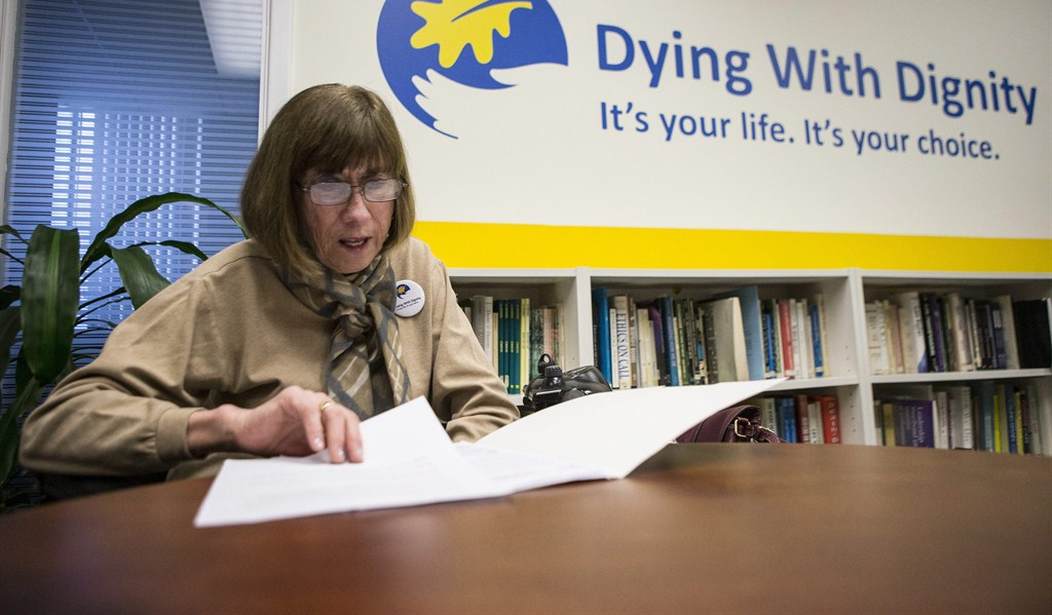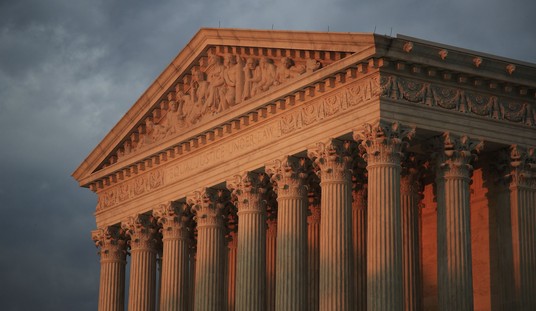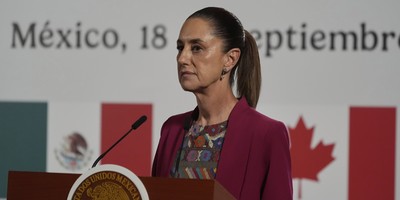The Dutch are killing themselves more than ever, but they feel OK about it. In the latest Newsweek cover story, Winston Ross pens a fairly balanced report on the current facts and rhetoric on euthanasia, both in the Netherlands and the rest of the world. The facts reported in the piece are startling:
"In 2013, according to the latest data, 4,829 people across the [Netherlands] chose to have a doctor end their lives. That’s one in every 28 deaths in the Netherlands, and triple the number of people who died this way in 2002. The Dutch don’t require proof of a terminal illness to allow doctors to 'help' patients die. Here, people can choose euthanasia if they can convince two physicians they endure 'unbearable' suffering, a definition that expands each year. Residents here can now choose euthanasia if they’re tired of living with Lou Gehrig’s disease, multiple sclerosis, depression or loneliness. The Dutch can now choose death if they’re tired of living."
The Dutch have also decriminalized euthanasia for babies and young people. And if polls are to be believed, it’s making inroads throughout the U.S.:
"A Gallup poll conducted last May showed that nearly seven in 10 Americans believe physicians should be able to 'legally end a patient’s life by some painless means.' The figure has bounced between 65 and 75 percent since 1996, after a steady climb from 36 percent in 1950."
Ross's reporting is helpful but the article fails to delve deeply into the moral questions we must ask when considering how we want our society to approach euthanasia. There is a common problem in most discussions of euthanasia: They inevitably focus on someone’s particular experience. Either what the person in front of you saw his grandfather go through, or a handful of people a reporter spoke to. The Newsweek piece swims in these waters. And why not? After all, we are talking about a very personal, very human reality - how do we deal with death? And the most emotionally-relevant (and magazine-friendly) moral questions are how we deal with our own death and those of our closest family members.
Recommended
The thing is, when considering how something like euthanasia impacts us as a society, a people, and a culture, the personal perspective cannot be our primary concern. But we have glorified our autonomy and individual choice to such an extent that it has radically skewed our perspective on life and death. Rather than asking questions about how our governments or healthcare systems ought to approach human life, or what the impact of a person’s death would be on her family, friends, and community, we instead fixate on whether the individual is faced with unwanted suffering or unhappiness. The individual’s struggles form the basis for the individual choosing to kill themselves. It’s that simple, and to be overly simple, in this case, is dangerous to society.
There is a false dichotomy worth briefly tackling. Euthanasia proponents like to paint a picture of suffering vs. dying with dignity. These are not the only two options. There are a large number of things that can be done to ameliorate suffering without resorting to suicide. Hospice can ease the final days, weeks, or months of pain. Do not resuscitate orders and living wills can ensure that a person does not receive unwanted life-extending treatment. Never have more therapies and drugs abounded for helping people deal with suffering.
On the other hand, the dangers of embracing assisted suicide are numerous. They go far beyond the nice-sounding rhetoric of "dying with dignity."
1. It endangers the handicapped, the young, and the elderly. These vulnerable people groups are dependent on the care of others - care which can be a great emotional and financial burden at times. And these people are often easily manipulated. How easy will it be to convince some of these people that it would really be nicer to their caretakers if they simply ended their lives?
2. Euthanasia promotes the idea that suffering is antithetical to happiness and must be avoided at all costs. In truth, suffering is a constant reality in a fallen world. We are surrounded by sin and imperfection. We will always have to deal with some amount of negativity, lack of fulfillment, and unhappiness. This is part of being human and the only true relief is in finding redemption from sin in Christ. If anyone really wants to avoid suffering, they had better never been born. Making suffering a categorical basis for euthanasia simply ignores reality.
3. The utilitarianism of euthanasia (do you feel bad enough to end it all?) infects our perspective on humanity. If we accept the idea that there is a sliding scale of life-worthiness that depends on physical and mental condition, happiness, and "a full life," we open the doors to all types of attacks on human life. When utilitarianism rules our approach to life, abortion, research that destroys human embryos, and all manner of bioethics horrors are close at hand.
4. Euthanasia perverts our healthcare system. Doctors work to secure, preserve, and enhance life. They should not work to end it. They may even help to ease the pain of death, but they should not actively seek death.
5. Perhaps the worst effect of embracing euthanasia is its impact on our cultural view of the individual. This modern push for euthanasia is connected to our modern Western hyper-individualism. Life and death decisions come down to what I want to do with myself. We cast to the gutter our social obligations to our fellow men and women. Ignore family, community, church, friends, and all who might benefit from our continued living - if I’m suffering, I’m done, and I have every right to make this choice by myself for myself. Euthanasia proponents argue for autonomy and dignity, but ignore the beauty of self-sacrifice and the importance of loving, human networks.
This cultural dialogue will continue, and it is increasingly looking like euthanasia advocates are persuading the Western world. But it is absolutely essential that we stop and ask ourselves what the bottom line is for our families, our communities, and our culture. After all, we are talking about embracing the active pursuit of death. Look how quickly the Dutch have swarmed to it and the speed at which their love has accelerated. This is not a personal, individual decision. This is a cultural decision about what we will and will not sanction. Will we be a society that protects life and values self-sacrifice while trying to help our fellow men and women through their suffering? Or will we be a society that would rather give them some drugs to skip the whole self-sacrifice and love stuff in favor of independent living?

























Join the conversation as a VIP Member